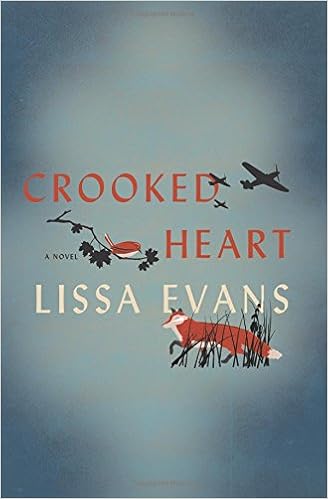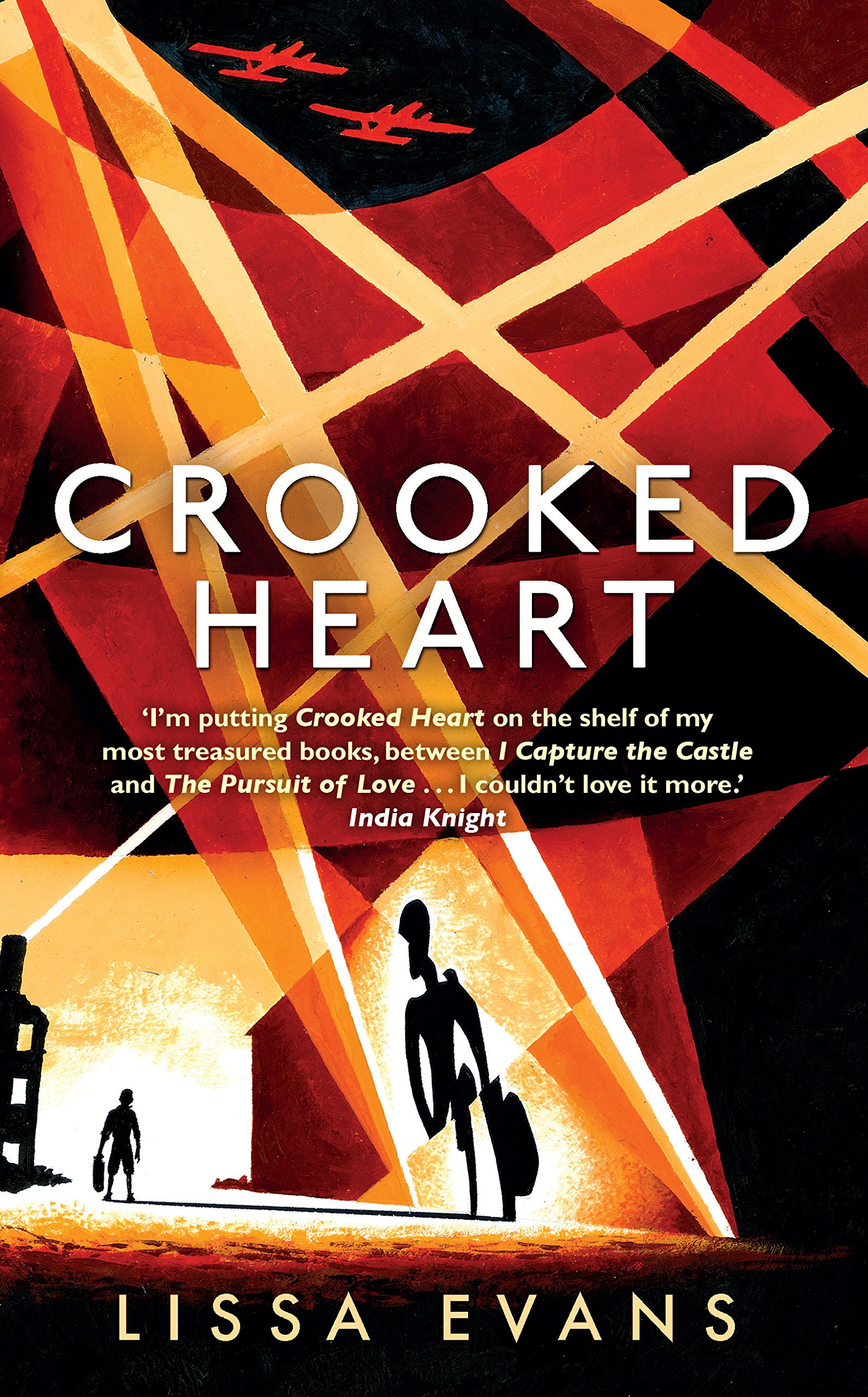
In recent years, there has been a bit of a trend toward making famous figures protagonists in mysteries. Oscar Wilde in Gyles Brandreth's series, Jane Austen (Stephanie Barron), Daphne du Maurier (Joanna Challis), Josephine Tey (Nicola Upson), the Prince of Wales, later King Edward VII (Peter Lovesey), Beatrix Potter (Susan Wittig Albert), Dorothy Parker (J. J. Murphy) and many more. Just check "Real People" under
Stop, You're Killing Me!'s Job Index to see the others.
Janice Law has picked a not-so-famous figure: Francis Bacon (the 20th-century painter of famously gruesome art, not the 17th-century philosopher) for the protagonist of her mystery series, which she began in 2012 with
Fires of London, and follows up with
The Prisoner of the Riviera (Mysterious Press/Open Road Media, December 10, 2013).
 |
| A Bacon self-portrait. Yikes! And this is subdued and almost cheerful compared to most of his work. |
Bacon is a surprising choice for a mystery protagonist. He was booted out of his home by his domineering father for being flamboyantly effeminate, and lived on his wits, mostly in London, seeking out wealthy older men to keep him. More often, he lived with his old nanny, Jessie Lightfoot, who had always been more of a mother to him. But don't be fooled by the seeming domesticity of a grown man living with his old nan. She didn't put any sort of a crimp in his style. The two of them used his studio as an illegal gambling den at night, and she passed judgment on any prospective lovers who answered his coyly-phrased advertisements for a "gentleman's gentleman."
Janice Law sets
Fires of London in 1940, shortly after the wartime blackout made nighttime London a place of misty, impenetrable blackness. She has Bacon acting as an ARP (air raid precautions) warden, walking a beat at night. One night, he learns that one of his acquaintances in London's gay demimonde has been brutally murdered in a nearby park. Not long afterward, Bacon literally stumbles on another victim. Feeling under threat himself, Bacon uses his patrols and contacts to try to find the murderer.

Law skillfully mixes wry humor with heart-thumping suspense. Bacon's scenes with his nan are a little like a comedy double act; full of charm and chuckles. The mood changes completely when Bacon stumbles through nighttime streets and alleys with only falling bombs and incendiaries as illumination to help him avoid threats from a host of attackers. I've read a lot of World War II-era mysteries, and several novels that take place during the London Blitz. I don't remember another that did such a good job at conveying the chaos, fear and exhilaration of being on the streets during a raid.
For her second Francis Bacon novel,
The Prisoner of the Riviera, Janice Law jumps ahead to 1946. At first, I was disappointed that Law had chosen to leave the London-during-the-Blitz setting after just one book, but I quickly got over it. Setting stories in the immediate postwar period seems to be all the rage these days, or maybe that's just a coincidence in my recent reading. It's a rewarding period because, as Law has one character put it, in France "power was lying on the ground during the war" and it was picked up by dubious characters who couldn't just return to the plow when the war was over. These characters abound in
The Prisoner of the Riviera.
Let's back up and set the scene. Francis is out for dinner in London with his longtime lover, Arnold, when they come upon a man who has been shot and is bleeding to death in the street. Francis uses all his ARP training skills to keep the man alive until an ambulance arrives, but it doesn't look good. He is contacted shortly afterward by M. Joubert, proprietor of a London casino that holds a dauntingly large number of Francis's gambling chits. Joubert tells Francis that the man, a Monsieur Renard, did die after a few days in the hospital, but left a farewell letter for his wife, who lives in the south of France. If Francis will deliver the letter, Joubert will tear up Francis's chits.
There's something rotten about this setup, right? You and I know it, and so do Francis, Nan and Arnold. Aside from the imbalance between the value of the gambling chits and the going rate for in-person mail delivery, there's something fishy about that letter. Francis and Nan couldn't resist painstakingly removing and replacing the wax seal on the letter, and they suspect it's really a coded message––though one they can't crack without a cipher key. But it's cold, grey and rainy in London and the rationing means the food is even more depressing than the weather. Who can resist the siren call of the Riviera?

After enjoying a few days in the sun, Francis decides it's about time to deliver the letter to Mme. Renard. Afterward, he narrowly avoids attack from a couple of goons as he heads back to his hotel and, soon after that, he learns that Mme. Renard was found murdered later that same day––and he is the number one suspect.
Attempting to clear his name and avoid a long stretch in a French prison, Francis uses a couple of false identities to investigate the murder and figure out what this supposed farewell letter really is. He's not the only one interested, and soon it seems that the entire south of France is seething with characters who are after the letter, Francis and each other. They all seem to have had secret underground pasts during the war, but it's impossible to be sure which side they were on, if not both, and whether their current intentions are to help Francis, use him, abuse him or carve him up.
Here's an odd thing. When I read
The Prisoner of the Riviera, I kept thinking about P.G. Wodehouse. In part it's because most of the story is set in the south of France, where Bertie Wooster often used to travel to get into trouble gambling and falling in love. And here's Francis, on his arrival in Nice: "Have I mentioned my fondness for sailors? I have a weakness, as Nan would say, for members of the maritime profession, for the toilers of the sea, for jolly jack-tars and also the not-so-jolly ones, who are really more to my taste." Can you see a Wodehouse-ish style in that? I can.

There's a lot more about Janice Law's writing style here that makes me think her Francis Bacon is a sort of Bertie Wooster-ish character–––if Bertie had a dozen or two more IQ points, considerably less of "the ready," liked risky sex (with men) and kept running into murders. The books are written in the first person, and even when fists are flying or guns are blazing, there is an air of Bertie describing one of his sticky wickets.
And, like Bertie Wooster, Francis is soon beset with troubles involving false identities, mistaken impressions, getting caught sneaking into other people's houses and bedrooms––and even being bedeviled by a pair of troublesome aunts. I found the book a dizzyingly improbable but delightful caper, just like a Wodehouse story. Unlike a Wodehouse story, this one does have a great deal of serious crime and danger in it, but for mystery lovers, that's all to the good.
 |
| Janice Law |
During the Golden Age of mystery, a typical novel would clock in right around 200 pages. For a skilled writer, that was plenty of time to limn the characters, bump off the victim(s), and collect enough clues to solve the crime. Janice Law may not be a high-profile mystery writer, but she's a longtime author with an Edgar nomination under her belt (in 1977, for
Best First Novel), and she knows how to write a good, tight story in that Golden Age manner. At a little under 200 pages each, these books are quick reads, but terrifically entertaining. I should note that the books include sexual content, but there are no detailed or graphic descriptions.
Note: I received free review texts of the ebook versions of these titles from the publisher, via Netgalley. Versions of this review may appear on Amazon, Goodreads and other reviewing sites under my usernames there.













